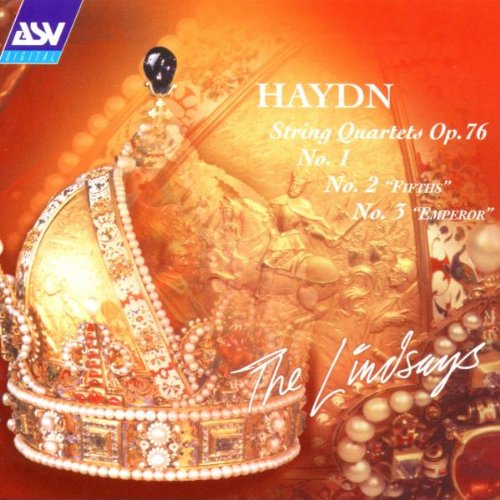[ˈjoːzɛf ˈhaɪdən] /HIE-din/
(1732 - 1809, Austrian)
- a key figure in the evolution of the Classical style
- influenced Mozart and taught Beethoven
- established the standard forms of the symphony, sonata, and string quartet
String Quartet No.62
(Opus 76, No.3)
- aka "Emperor" / "Kaiser" Quartet
* II (of 4) Poco adagio; cantabile
In this movement, Haydn quotes the melody from "Gott erhalte Franz den Kaiser" / "God Save Emperor Francis", an anthem he wrote for Emperor Francis II.
* II (of 4) Poco adagio; cantabile
In this movement, Haydn quotes the melody from "Gott erhalte Franz den Kaiser" / "God Save Emperor Francis", an anthem he wrote for Emperor Francis II.
- This same melody is also used in the German national anthem, Das Deutschlandlied.
String Quartet No.63
(Opus 76, No.4)
“Sunrise”

- aka "The Bird"
The first movement opens with a melody in the first violin featuring repeated notes. Grace notes are inserted between the repeated notes which gives the melody a "birdlike quality" and hence gives the quartet its nickname.
Source: Wikipedia
 |
| Han-Na Chang |
* III (of 3) Allegro molto
You may be too young to be familiar with this fanfare theme for the BBC radio news.

Violin Concerto No. 4
* I (of 3) Allegro moderato- transcribed for cello
Piano Sonata in Eb
- Hob. XVI/52, L. 62
- the last of Haydn's piano sonatas
- widely considered his greatest
* “English” Sonata - solo piano
The Creation
- The creation of the world as described in the biblical Book of Genesis and in Paradise Lost
- his greatest work, and with intimate lyricisn
- 2:40
.jpg)




No comments:
Post a Comment